| An alliance of the far right and the left has sacked (https://www.economist.com/leaders/2024/12/04/frances-parliament-fires-the-prime-minister?utm_campaign=a.io&utm_medium=audio.podcast.np&utm_source=theintelligence&utm_content=discovery.content.anonymous.tr_shownotes_na-na_article&utm_term=sa.listeners) Prime Minister Michel Barnier; out goes his budget and the government. Can President Emmanuel Macron find a stable path between the political extremes? We ask why employees seem so much more comfortable using generative artificial intelligence than their employers (https://www.economist.com/business/2024/11/04/why-your-company-is-struggling-to-scale-up-generative-ai?utm_campaign=a.io&utm_medium=audio.podcast.np&utm_source=theintelligence&utm_content=discovery.content.anonymous.tr_shownotes_na-na_article&utm_term=sa.listeners) do (8:25). And Britain’s giant craft-gin industry hits headwinds (https://www.economist.com/britain/2024/11/19/the-story-of-britains-ginaissance?utm_campaign=a.io&utm_medium=audio.podcast.np&utm_source=theintelligence&utm_content=discovery.content.anonymous.tr_shownotes_na-na_article&utm_term=sa.listeners) (14:33). Get a world of insights by subscribing to Economist Podcasts+ (https://subscribenow.economist.com/podcasts-plus). For more information about how to access Economist Podcasts+, please visit our FAQs page (https://myaccount.economist.com/s/article/What-is-Economist-Podcasts) or watch our video () explaining how to link your account. Hosted on Acast. See acast.com/privacy (https://acast.com/privacy) for more information. |
Tags: Featured,newsletter

























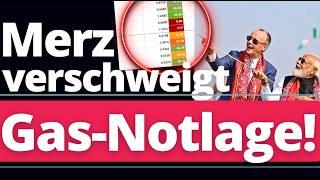


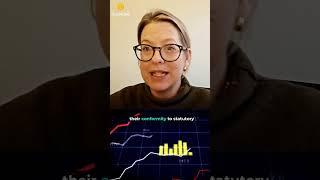

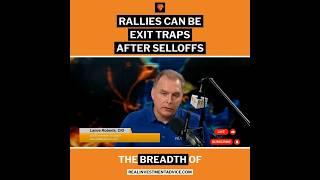
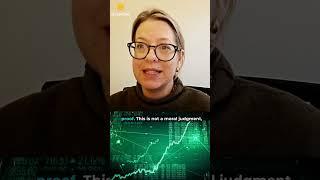



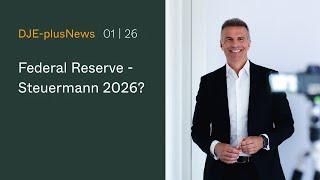


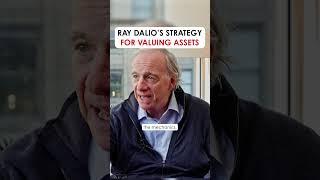

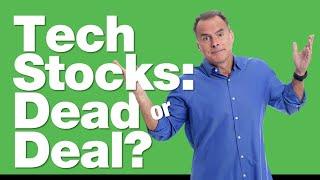

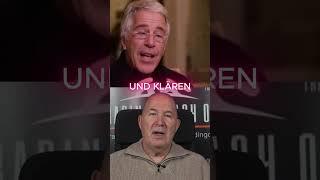
6 pings